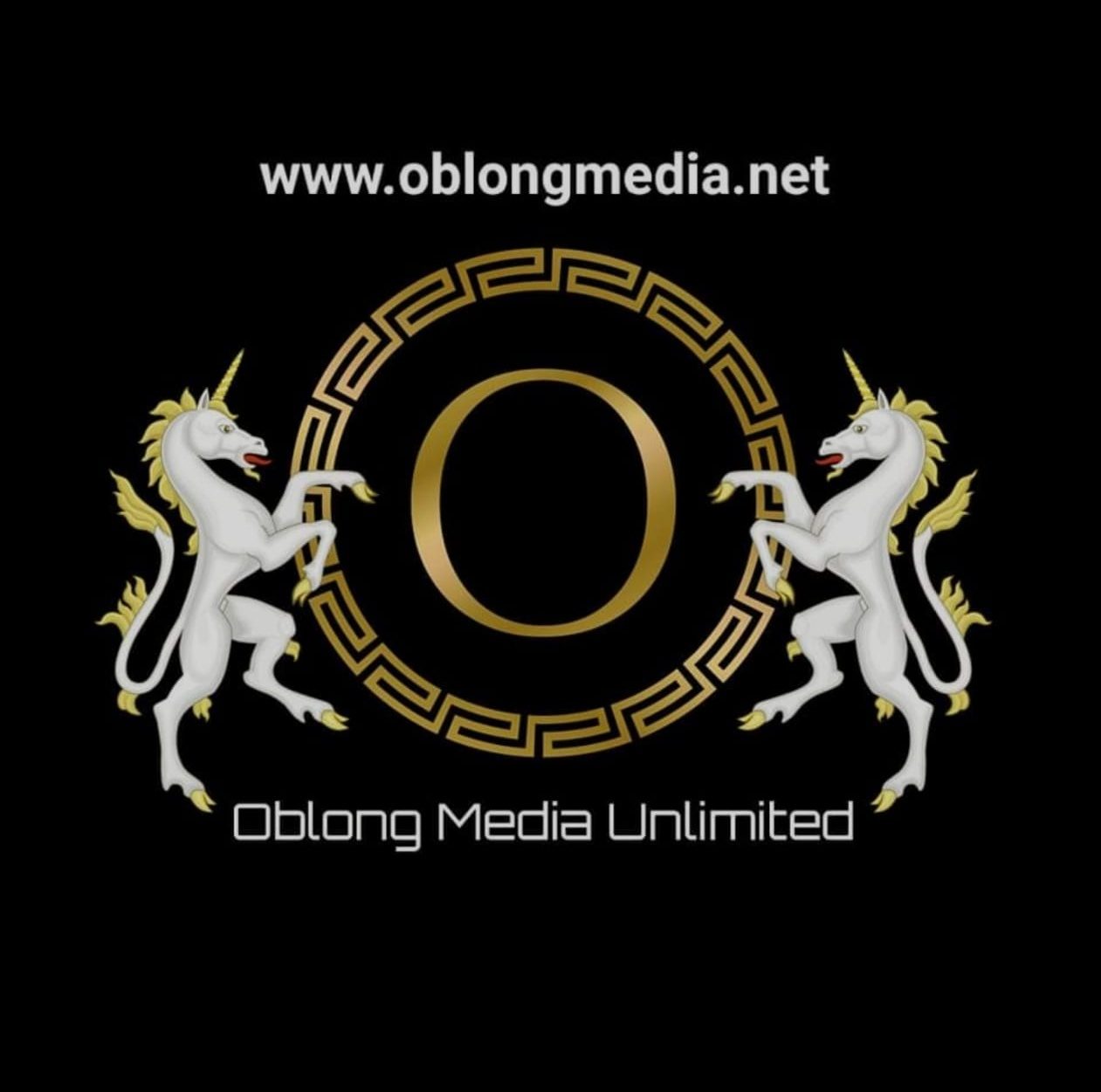
Similarly, knowledge is difficult to define but broadly refers to the facts, skills, and information we acquire. Ignorance, considered the opposite of knowledge, is defined as a lack of knowledge.
The ignorant individual is often brash and overconfident, unaware of their ignorance. In contrast, the truly knowledgeable person possesses metacognition, an awareness of their own thought processes and limitations, making them cautious, circumspect, and measured. They understand that their knowledge is merely an infinitesimal fraction of what can be known. Metacognition—the understanding of one’s own thinking and its limits—is a key difference between knowledge and ignorance. To the knowledgeable, their awareness illuminates their limitations and the vast expanse of their ignorance. Despite their thirst for knowledge, they recognize that they can only grasp a tiny portion, humbly acknowledging the boundless sea of knowledge without significantly disturbing it. Their awareness does not fill them with pride but with a humbling sense of their own limitations.
Conversely, the ignorant are unaware of their limitations. Their ignorance prevents them from recognizing the extent of what is unknown. This ignorance, and the lack of awareness of it, is a burden in itself. It leads to an inflated self-perception, as they overestimate their abilities, suffering from illusory superiority. Meanwhile, the well-informed might underestimate their abilities, aware of the vast realms they do not know, possibly leading to illusory inferiority. Ignorance and knowledge are mutually exclusive, with no intersection; as one steps into the light of understanding, the other retreats into the shadows of self-delusion.
Socrates, one of the greatest philosophers, famously declared that the only thing he knows is that he knows nothing. His approach, the Socratic method, involves asking probing questions to explore complex ideas and reveal the intricacies of thought and knowledge. This method has profoundly influenced research and inquiry, emphasizing the limitations of our senses and the unreliability of empirical evidence, as seen in the philosophies of Descartes to Immanuel Kant. Our senses can deceive us, and what we perceive as evidence is only the tip of an immense iceberg of unknowns.
The earth is but a speck in the vast cosmos, and science has unveiled a mere fraction of the universe; the majority remains unexplored. This epistemological challenge underscores the difference between ignorance and knowledge—not just a matter of perception but the capacity to comprehend the breadth of the unknown.
